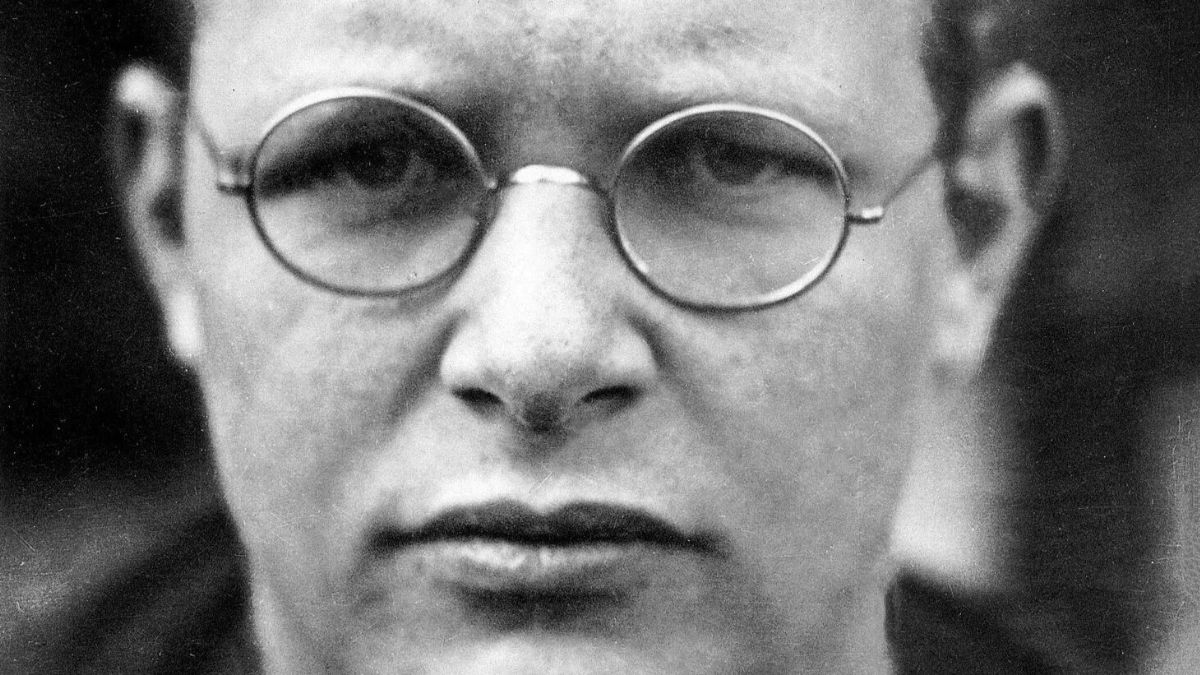

BreakPoint
Revolution in the School Yard
It's common knowledge that American public schools are losing ground. In 1988, American students finished last in an international math competition. Last in biology, too. And near the bottom in chemistry and physics. Every year American schools graduate thousands of functionally illiterate teenagers. A recent study found that half our high school graduates are not equipped to find or hold a paying job. On the other hand, they're taught more than they need to know about sex, drugs, self-esteem--all the things progressive educators feel are more important than basic skills. How has this happened? The revolution I've been talking about on this program over the past few days--the revolution of the 60s--has taken hold in the classroom. It wasn't just popular culture that was affected by the 60s. There was also a profound change in educational philosophy. Schools decided their role was to address the whole child--not just to train his mind but to mold his psyche, probe his private behavior and attitudes. It started out with a radical secularism that removed religion from the classroom. Prayer was banned. Science textbooks were rewritten to include aggressive teaching on evolution, leaving no room for God. The family living books were rewritten to exclude any hint of biblical sexual standards--or any standards at all, for that matter. History texts were purged of all references to America's Christian heritage. Religious celebrations, like Thanksgiving, were redefined as secular holidays. But by eliminating all traces of Christian standards from the classroom, educators were eliminating all standards whatsoever. It's Christianity that gives the basis for individual accountability and personal achievement. But accountability has no place in an educational philosophy that treats education as therapy. Schools turned away from teaching the traditional skills like spelling, grammar, and memorization of facts. Instead, the goal was to build children's self esteem, make them feel good about themselves. Socialization, not skills, became the goal of education. So the schools threw out the A to F grading scale. After all, getting an F could be harmful to a child's self-esteem. So now papers are graded on what's called a "total impression of quality." In other words, how it strikes the teacher. The whole process is completely subjective. No wonder American students are making such a poor showing. Business leaders complain they can't get young people who are educated enough to read employee manuals. Of course, the teacher's unions tell us there's a solution to it all: Give us more money. But we've already pumped huge amounts of money into the public school system. America spends more money per student than any of our major foreign competitors, yet test scores continue to decline. No, money is not the answer. The solution is restoring standards to our schools. Self-affirmation and socialization are all very well, but there's no replacing the basics of reading, writing, and arithmetic. The only way the schools are going to change is when people like you and I start holding them accountable. One good strategy is educational choice. If parents can choose the school their children attend, pretty soon the bad schools will be forced to improve or go out of business. Until we demand educational standards, we will continue to slide further and further behind--not only in scholastic tests, but in the world marketplace as well.
12/5/91















